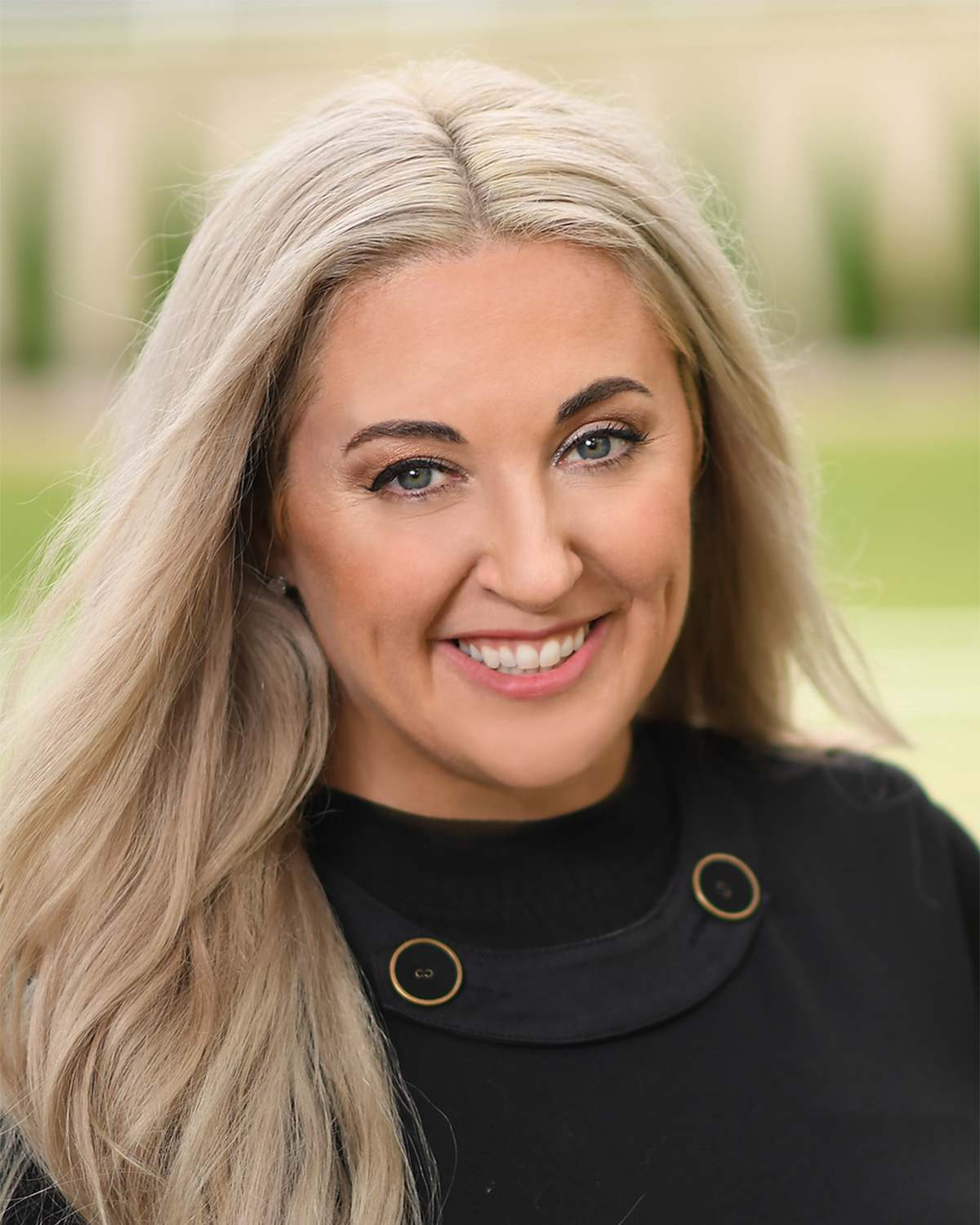
Michigan is a no-fault state for auto insurance. That means you’ll need to carry some level of personal injury protection (PIP) coverage on your auto insurance policy. In the case of a car accident, you’ll first file a claim through your own insurer. PIP coverage will cover at least a portion of your medical expenses and lost wages up to the limits of your policy.
Before July 1, 2020, there were no PIP limits in Michigan. Now, there are several options to choose from based on what is best for you and your family.
These recent changes were applauded as a way to reduce insurance premiums for consumers, but that has not materialized. They could also reduce the amount of compensation injured people can receive after a car accident and increase the number of personal injury lawsuits in Michigan filed to recoup losses from the at-fault driver. Depending on the circumstances of your case, the ultimate amount of compensation you receive could be further impacted if your insurance company files for subrogation.
What is Subrogation?
Subrogation is a way for your insurer to seek repayment for the money it paid to you from the at-fault party’s insurance company. This doesn’t happen until after a settlement is issued, and it may not affect you at all. However, you may be notified of the insurer’s intent to proceed. You should consult your attorney about whether your settlement is subject to subrogation.
You may also be asked to provide additional information about the crash during subrogation. Before providing new documentation to the insurance company, it is smart to have a car accident lawyer review the request.
Why Liability Matters in Subrogation
It’s true that no-fault benefits are paid regardless of who is to blame for a crash. However, that doesn’t eliminate the insurance company’s need to investigate who should be held liable for a wreck.
For example, your own portion of fault could impact how much of your deductible is returned to you. In Michigan, your ability to recover your deductible can be reduced by the percentage of fault you are assigned for the crash. In other words, if you are found to be 10 percent liable for a $1,000 deductible, you could only receive 90 percent— or $900 — back.
Before you settle, it’s important to talk to a knowledgeable car accident lawyer who can explain how subrogation can affect the outcome of your claim. The language used in a settlement agreement can impact your insurer’s ability to recover compensation from another party’s insurance company which, in turn, could negatively affect your own payout.
Subrogation process for the insured
If you have been in a car accident and your insurance company has paid out on your claim, the insurer may seek reimbursement from the at-fault driver’s insurance company through subrogation. The subrogation process can happen after you have reached a settlement in your case. You may be notified of the insurer’s intent to proceed with subrogation.
The first step in the subrogation process is for your car insurance company to send a letter to the at-fault driver’s insurance company. This notice will state that your insurer has paid you for damages incurred in the accident and request reimbursement.
The at-fault driver’s insurance company will then have a certain amount of time to respond. If the insurer does not respond or denies the subrogation claim, your car insurance company can file a lawsuit.
Your insurance company will likely want you to sign a subrogation release form. This document gives the go-ahead for your insurer to seek reimbursement from the at-fault driver’s insurance company. You should have an attorney review this form before you sign it.
The subrogation process can be complex, and it is important to have an experienced car accident lawyer on your side. The lawyers at Christensen Law will fight for the maximum compensation you deserve.
Contact a Michigan Auto Accident Lawyer
Understanding auto insurance laws is not easy, especially when states make large-scale changes. Insurance companies often attempt to seize upon a policyholder’s lack of knowledge to reduce payouts.
A Michigan car accident lawyer from Christensen Law can handle all negotiations with the insurance company for you. That way, you don’t have to worry that you are being manipulated and can focus on healing.
Our attorneys offer free consultations to potential clients. Reach out to us today to schedule yours.






